BEFORE TRANQUILITY IN THE JAPANESE GARDEN
From the step ladder
with loppers pruning,
Jacquemonte Birch limbs
asking me to reach higher,
a strange request
reaching,
whose reach arrives
from other desires,
believing is the excavation
1.
Svetlana Alexievich, writing in Russian,
chronicles the intentionally forgotten.
The premise is that the work of unremembering
is most active shortly after events
have taken place.
She visits the exclusion zone,
the estrangement zone, contaminated lands.
The naming itself, obscure.
Oral history through excavation.
Layer upon layer of words.
Underneath the public memory
lies the personal. In Alexievich,
called “a history of emotions—
a history of the soul,”
secretary of the Nobel, Sara Danius, says.
2.
One more friend with cancer.
Diez milles. Working on my street tacos,
needing a place to land this morning,
garden chairs wet from last night's rain.
3.
Lee sends me a prayer in the mail
from James Wright, in ink,
"I know you know this one..."
This time, I have left my body behind me,
crying in its dark thorns. This,
followed by the good darkness of the poet.
How did he ask for all this?
How possible?
The poet calls on the phone.
A murmured conversation across time,
...murmured conversations beneath a lowly thatched roof.
from Shinkei's brush in 1463.
This is the way into the garden and out.
Studying Shinkei, Sasamegoto,
in the Mothership down 97,
camped in Oregon's High Desert.
Practice coming out as it will, as it wants.
4.
Desert stream songline
Water flows sublime bent reed
Pine needles in wind
Spring sun blazing snow mountain
Ancient river renga call
Fear, trepidation
all that lies in the shallows
trigger this escape
Where else to start from with words?
My friend, my friend, drink your tea
Directions out of here:
Go down Rosterhaus road turn right,
it runs into Knott Road
Knott runs into 97
5.
Dear Svetlana,
My friends all read detective novels.
Jim Bodeen
27 May--10 June 2016



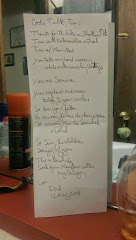
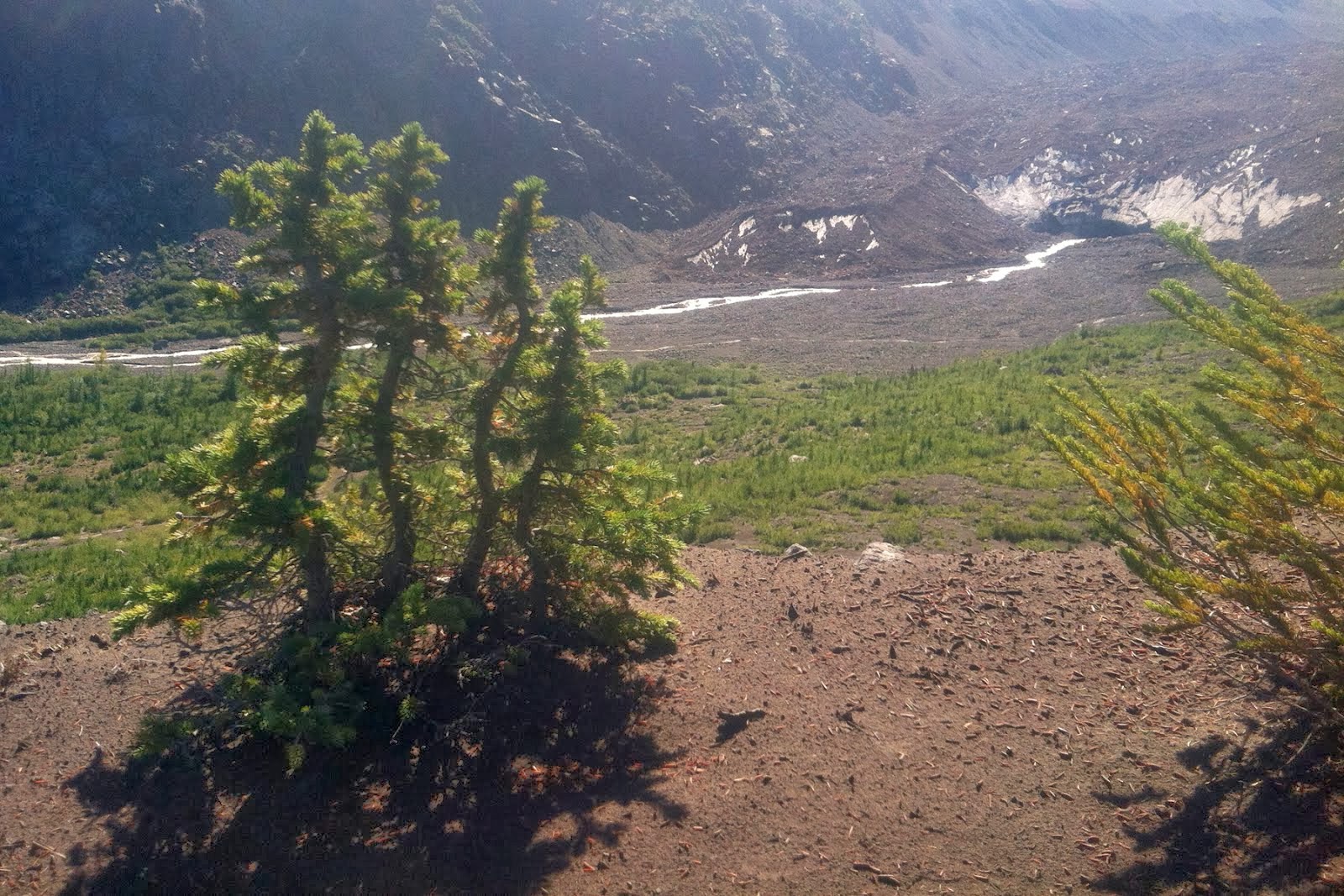
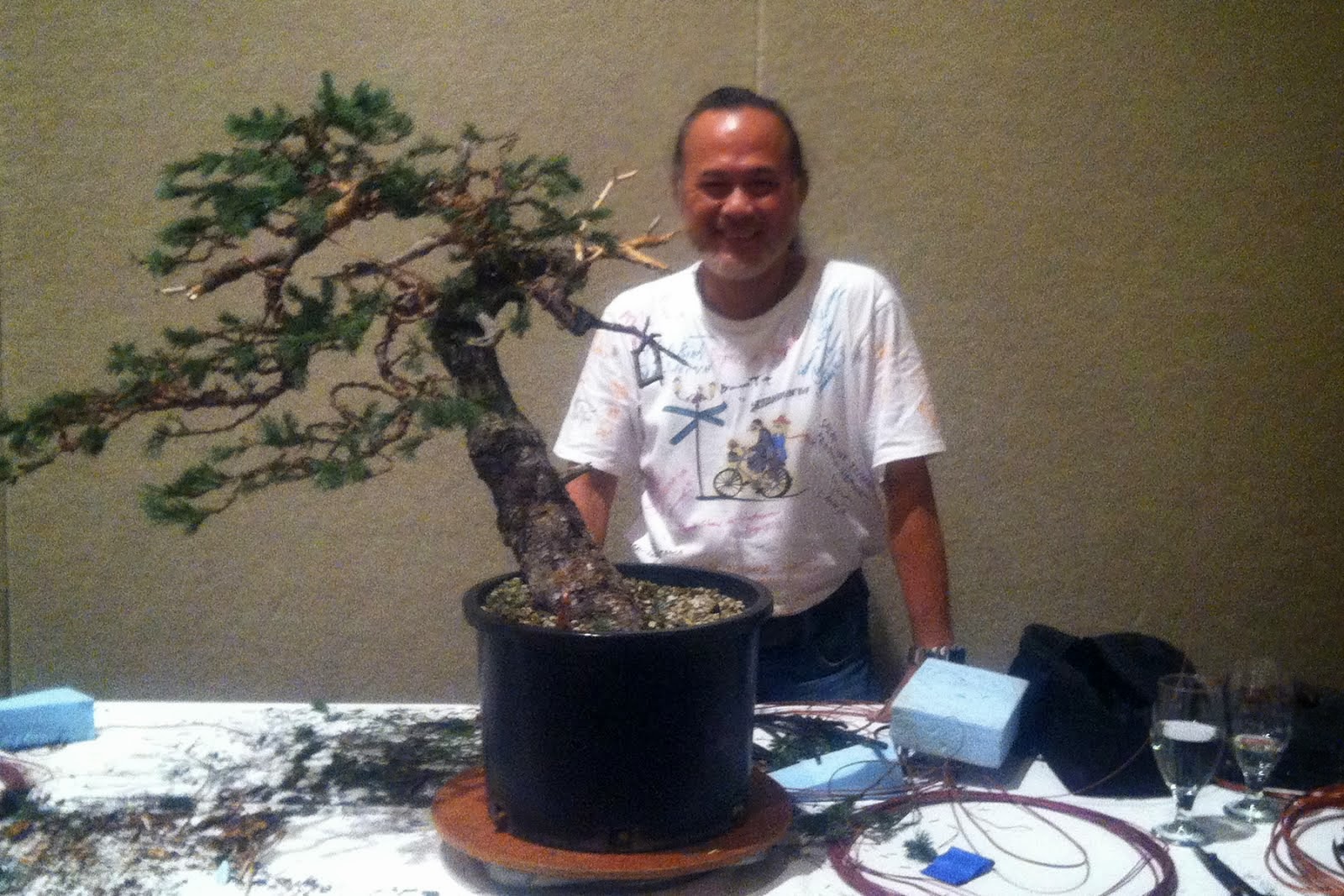
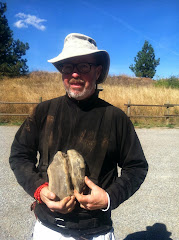
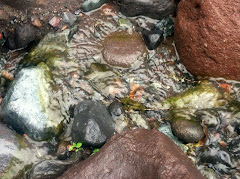

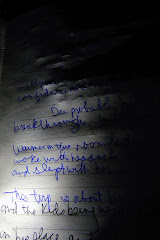

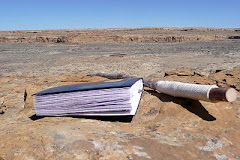
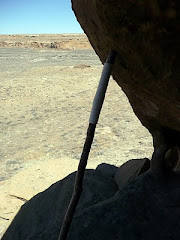

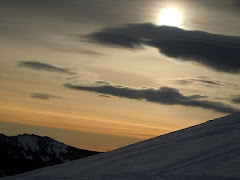
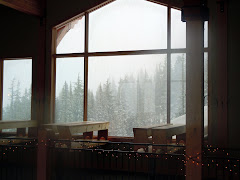


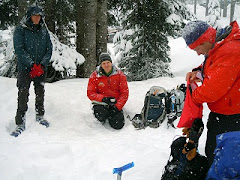
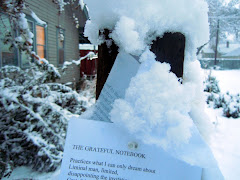

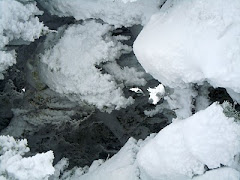
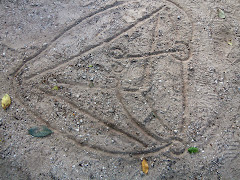
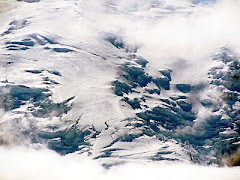











No comments:
Post a Comment